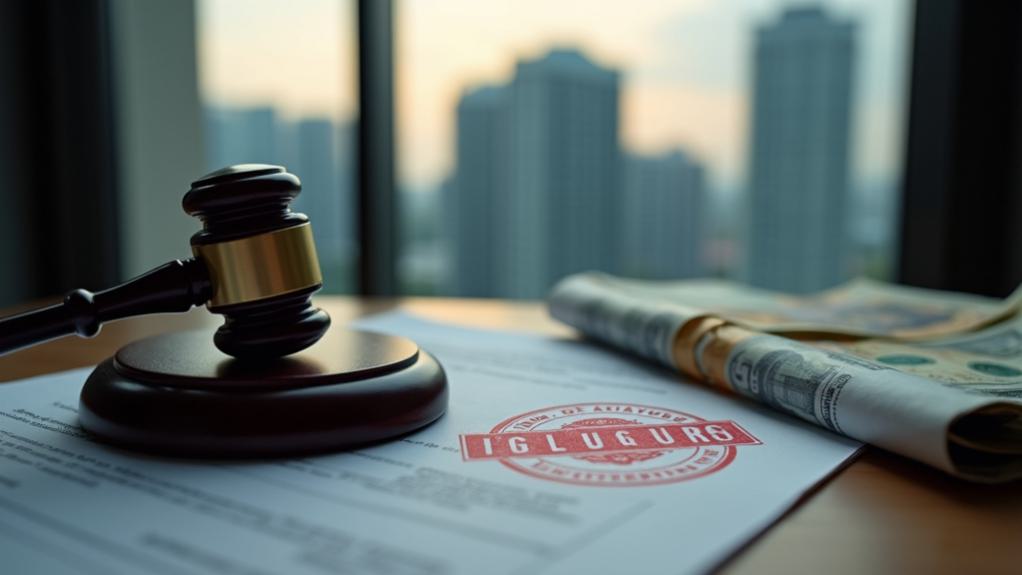Singapore’s High Court has delivered a landmark ruling that categorizes property decoupling arrangements, when implemented primarily to circumvent Additional Buyer’s Stamp Duty (ABSD), as illegal tax avoidance. The June 2025 “Jake v Millie” decision establishes a critical precedent in property law, scrutinizing the increasingly common practice of breaking single transactions into multiple steps to evade tax obligations.
A judicial watershed moment declaring tax-motivated property decouplings unlawful, fundamentally reshaping Singapore’s real estate landscape.
Decoupling, which refers to the process of transferring ownership shares between co-owners—typically spouses—to facilitate the acquisition of multiple properties while avoiding additional taxation, has been a prevalent strategy in Singapore’s private property market. The court’s judgment specifically targeted the 99:1 ownership split tactic, whereby one party holds 99% of the property while the other maintains a nominal 1% stake, designed to enable subsequent property purchases without incurring ABSD.
The High Court emphasized that while property restructuring itself is not inherently illegal, transactions engineered with the demonstrable primary purpose of avoiding stamp duty constitute unlawful tax avoidance. This ruling aligns with the government’s broader efforts to promote sustainable market growth rather than speculative investment in the property sector. This distinction hinges on intent rather than mere structure, with the court differentiating between legitimate ownership changes for estate planning or financial independence and arrangements designed explicitly to mislead authorities on tax liability.
Potential consequences for violators include transaction reversal, additional tax impositions, and financial penalties for tax evasion. The ruling primarily addresses private properties, as decoupling for HDB flats has been largely prohibited since 2016, except under special circumstances such as divorce or death.
Industry experts note that decoupling entails significant financial considerations beyond potential legal ramifications, including substantial cash outlays for down payments, securing new bank loan approvals, and various legal and stamp duty fees. The court also expressed concern about how decoupling without proper succession planning could lead to assets being distributed according to the Intestate Succession Act rather than the owners’ wishes. The Inland Revenue Authority of Singapore (IRAS) actively monitors suspicious transactions, particularly those executed within short holding periods. Financial advisors caution that decoupling costs can exceed $150,000 for a $1 million property, making it a decision requiring thorough financial analysis before proceeding.
This ruling represents a significant shift in regulatory enforcement regarding property transaction structures, reinforcing the government’s commitment to maintaining market stability and ensuring tax compliance in Singapore’s real estate sector.





